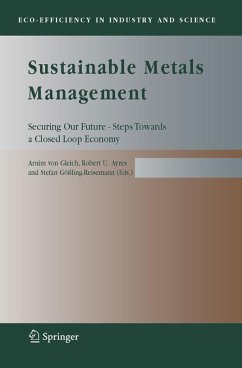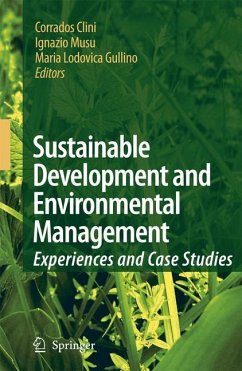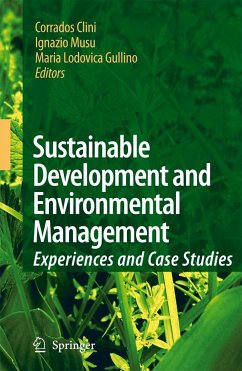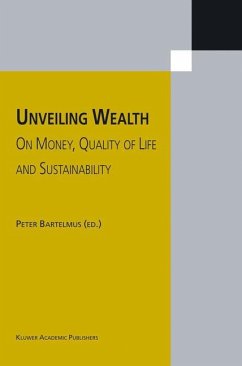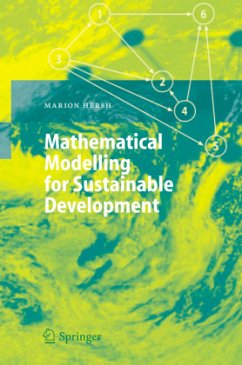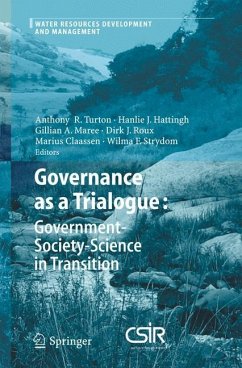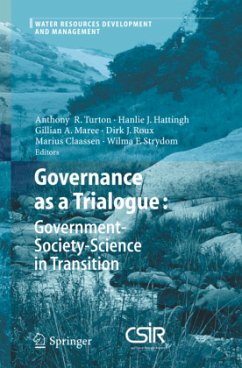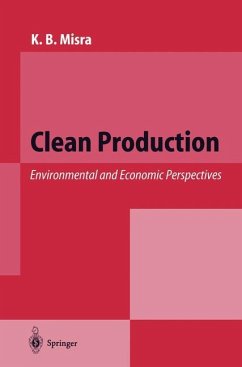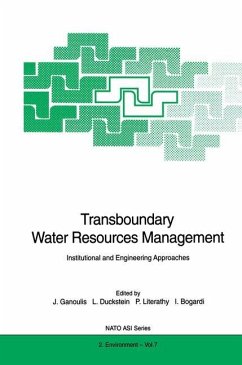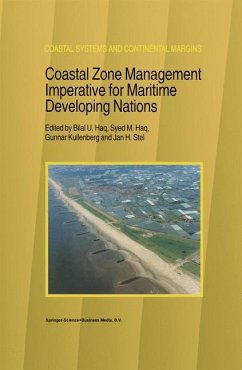
Sustainable Metals Management
Securing Our Future - Steps Towards a Closed Loop Economy
Herausgegeben: Gleich, Arnim von; Ayres, Robert U.; Gößling-Reisemann, Stefan

PAYBACK Punkte
76 °P sammeln!
Metals have been vital to human civilization for many thousands of years. Their durability and recyclability should make them ideal materials for a sustainable economy. This book assembles experts from many fields to discuss the conditions and limits of sustainable metals management. The contributors examine the theoretical ideas and goals of sustainability, and apply them across the metal making and trading process.
What's in a name? What, in particular, is metals management' all about? I suspect that my ' colleagues assumed that I would have a good answer, given that the endowed Sandoz Chair I occupied from 1992 until my retirement in 2000 was entitled "Environment and Management", and at INSEAD I created a Center for Management of Environmental Resources (CMER). Metals are a subset of resources, et voila! However, in all honesty, management, as such, was never my core competence (to use another phrase popularized by business schools). Here comes the shocking secret. We used the word management in those titles because INSEAD is a business school where everything has to have an application to business. For my colleagues at INSEAD management is what we supposedly teach. Good management, they (we) think, distinguishes successful enterprises from unsuccessful ones. For some of our graduates, management is what they give professional advice to corporate clients about. For the rest of our graduates it is the umbrella word that describes their choice of career. The implication conveyed by our choice of words is that metals can be regarded as one category of environmental resources, and that resources - including environmental resources - can be managed, in somewhat the same way that a corporation can be managed. It is not even too far-fetched to suggest that long run sustainability might be a management problem.





